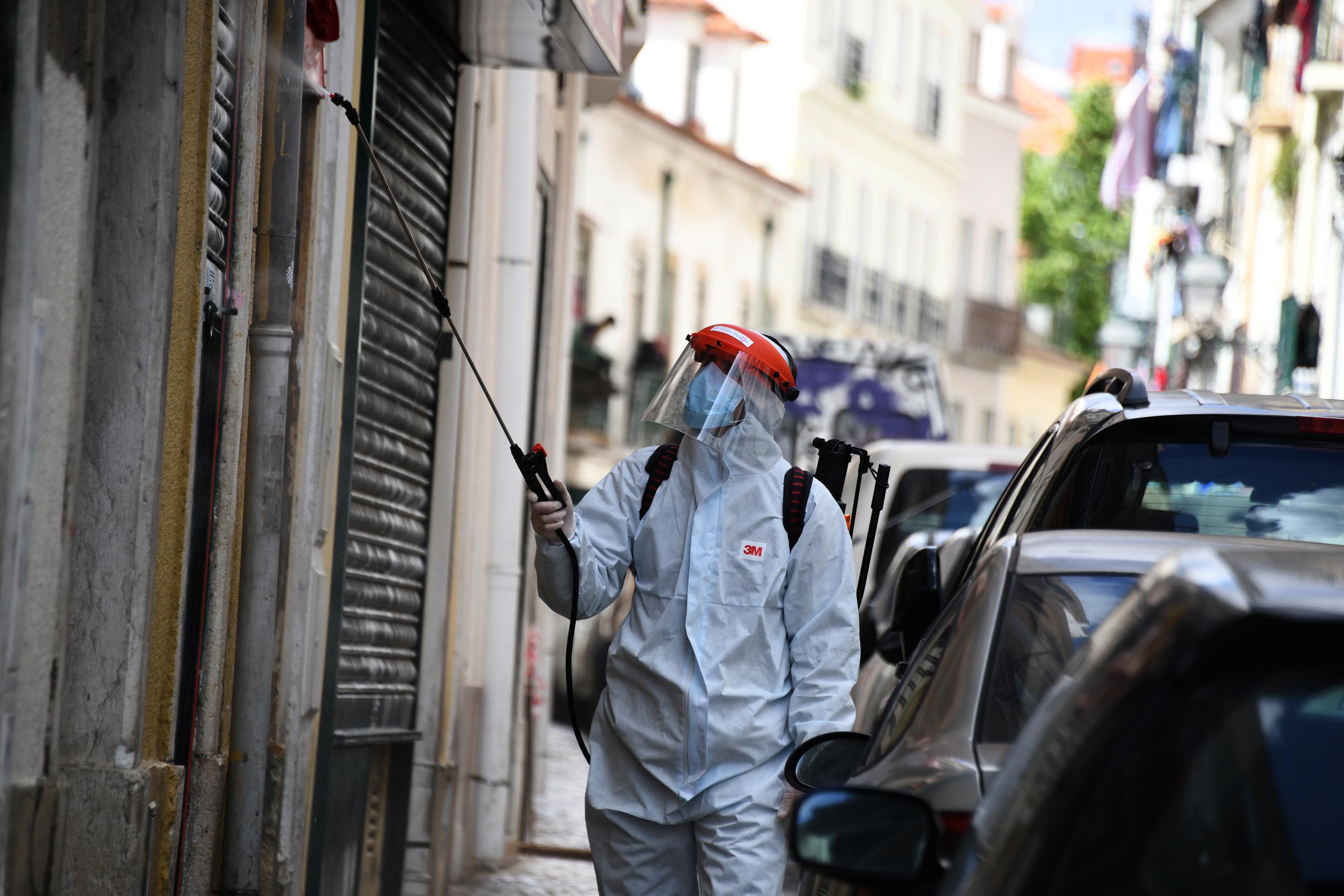
LISBON, April 15 (NNN-AGENCIES) — Portugal’s parliament extended a state of emergency for 15 days as health experts warned that a gradual relaxation of strict lockdown rules now underway could soon lead to a significant jump in coronavirus cases.
The state of emergency grants the government powers to take emergency measures such as imposing a nighttime curfew if deemed necessary, though the general trend is currently to ease a lockdown imposed in January to curb what was then the world’s worst COVID-19 surge.
Portugal started lifting restrictions last month and has since reopened some schools, restaurant and cafe terraces, museums and hair salons.
People have flocked out of doors to enjoy the warmer spring weather, to see loved ones and enjoy a meal outside after more than two months stuck at home.
If approved, the third phase of the government plan to ease the lockdown will come into force on Apr 19, allowing cinemas, shopping malls and indoor areas of restaurants to reopen under restrictions designed to reduce the risk of contagion.
Portugal has suffered 828,857 cases and 16,931 deaths since the start of the pandemic. Although the infection rate has slowed, health experts said it could take two weeks to one month for it to fall to the limit of 120 cases per 100,000 people set by the government in March.
At the time, authorities said the lifting of the measures would need to be re-evaluated if that threshold were reached.
“Our gradual, progressive plan is implemented at an agreed pace – depending on the risks faced,” Health Minister Marta Temido said after meeting with health experts.
“It (the plan) may have to be stopped or it might be able to go ahead.”
Around 20 municipalities, mostly in the southern Algarve region, have already crossed the “red line” of 120 cases per 100,000 as the situation there deteriorates again.
Interior Minister Eduardo Cabrita told parliament the government would decide on Thursday whether to maintain stricter rules in force in the worst affected regions. — NNN-AGENCIES




